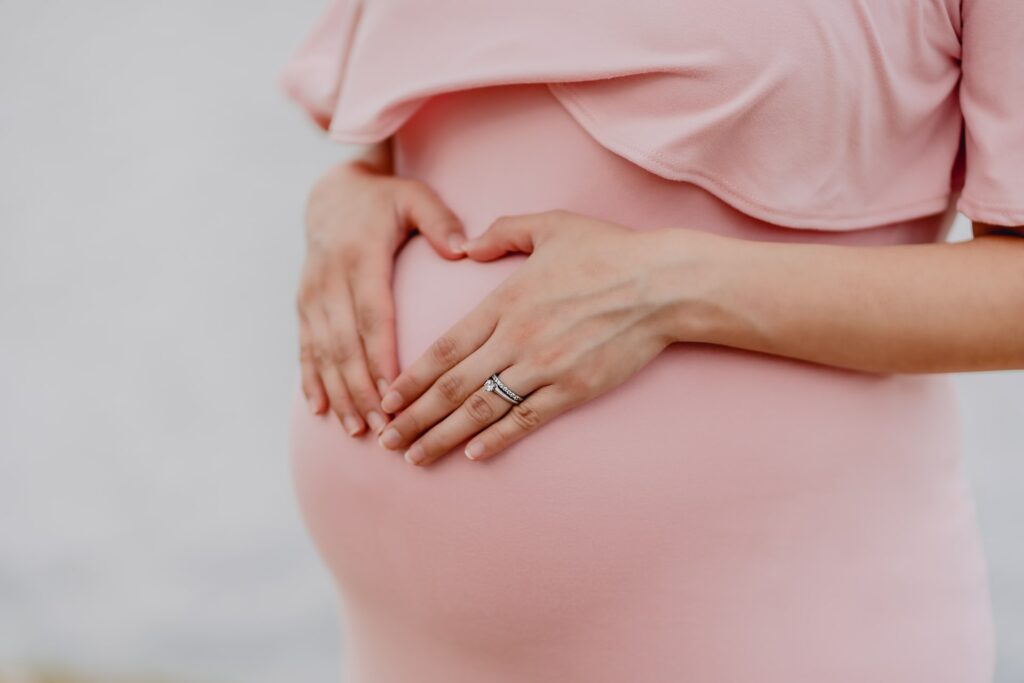We are pleased to see that the Russian Orthodox Church is making concrete steps to protect the lives of unborn children. This article is reposted from Orthochristian.com and is a great piece of news for this Christmas season, when we celebrate the birth of Our Saviour.
IFamNews editorial
The Holy Synod of the Russian Orthodox Church met in Moscow on 27 December under the chairmanship of His Holiness Patriarch Kirill of Moscow. Among other decisions, it adopted the document “On the Inviolability of Human Life from the Moment of Conception,” to be sent for subsequent approval to the future Council of Bishops.
The Synodal report notes that the document was first prepared in 2017, then submitted for Churchwide discussion in 2019. The document was amended, taking into account comments received, and submitted and to the Inter-Council presence in May 2021. The document was then further amended based on comments received from hierarchs in 2021. It is ultimately to be submitted to the Council of Bishops (consisting of every hierarch of the Moscow Patriarchate), which has been postponed for several years, first due to the pandemic and now to the war.
The document, as adopted by the Holy Synod yesterday, was published by the press service of the Russian Orthodox Church.
It begins by laying out the Biblical teaching that life begins in the womb, as testified to by the Psalmist King David (Ps. 138:13-16), the Righteous Job (Job. 10:8-18), the Prophet Jeremiah (Jer. 1:4-5), and the meeting of the Theotokos and Righteous Elizabeth when St. John the Baptist leapt in the womb (Lk. 1:13-15, 41-44).
And given that life begins in the womb, “The Church testifies … that a person has the right to life already in the womb.” The document notes that this has been the teaching of the Church from the very beginning, as witnessed by the Didache (2:2) and other early Christian writers.
Thus, the Church “blesses all public efforts aimed at protecting motherhood and childbirth, and calls on the state to legislatively support the protection of the life and health of unborn infants.”
“The Church unequivocally equates voluntary surgical or medical abortion with abortion,” the document states. Thus, any talk of the “right to abortion” is “unacceptable.”
For St. Chrysostom, abortion is even worse than regular murder, the text points out.
And to help prevent abortions, it is important to support women during pregnancy and after childbirth, “and to help her fulfill her vocation as a mother.” Thus, the Church operates or supports crisis pregnancy centers throughout Russia and abroad.
The prevention of abortion also requires “the protection of the family, motherhood and childhood, as well as the affirmation in society of the ideals of chastity, family fidelity, the joy of motherhood and having many children.”
For an Orthodox Christian to participate in the converse—the promotion of abortion—“is a sin and requires active repentance.”
And for those who have had an abortion, the Church calls on them to repent and find healing through prayer and penance, followed by participating in the Sacraments.
In cases where there is a direct threat to the mother’s life, especially if she has other children, the document calls for pastoral leniency. A woman who has had an abortion in such circumstances is not cut off from the chalice, “but this communion is conditioned by her fulfillment of a personal penitential prayer rule, which is determined by the priest receiving confession.”
Meanwhile, a woman who refuses to have an abortion despite the risk to her health and life “is the greatest example of maternal sacrifice.”
“During pregnancy, a woman needs the full support of her loved ones and especially her spouse.”
The document also emphasizes that doctors who perform abortions are, of course, also guilty of murder. Thus, the Church calls on the state to guarantee the right of medical workers to refuse to perform an abortion. Furthermore, they should not be permitted to recommend or try to persuade a woman to have an abortion. Rather, there should be a systematic organization of anti-abortion counseling services at medical institutions.
Further: “Fetal therapy, which involves the use of tissues and organs of human embryos aborted at different stages of development, for research purposes, as well as for the treatment of diseases, is unacceptable.”
The document also states that the Church “recognizes that the use of contraceptives of an abortive nature is unacceptable.”
Finally, prenatal diagnosis is acceptable when it doesn’t endanger the life or physical integrity of the unborn child and when it is aimed at treatment in the womb. Of course, when such a diagnosis leads to an abortion, it is wholly unacceptable.
